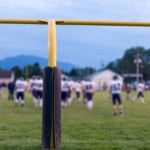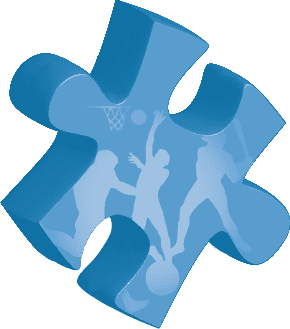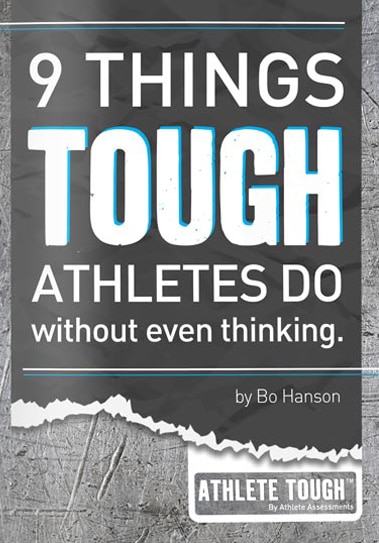Practicing the Skills That Allow Athletes to Perform Under Pressure
By Mim Haigh, Sports Writer – Athlete Assessments
Getting comfortable in uncomfortable situations is something that elite athletes are good at, they need to be. In fact, this skill alone can convert all of the work they’ve done leading up to this moment into a victory.
Recall how often Championships are won or lost in the last few seconds of a game and you’ll know exactly why your athletes need to get comfortable with the uncomfortable.
Mental Toughness
Elite athletes know how to produce their best results when it matters the most, they know how to perform under pressure. A tough athlete produces a match winning performance on game day, not just in practice, or at the qualifiers but when everyone’s watching, despite any circumstances, mishaps, losses or mistakes.
Tough athletes are comfortable in uncomfortable situations.
Tough athletes know how to control themselves when their heart is racing, they’re excited, adrenaline is running through their veins, everyone’s depending on them and they know this counts.
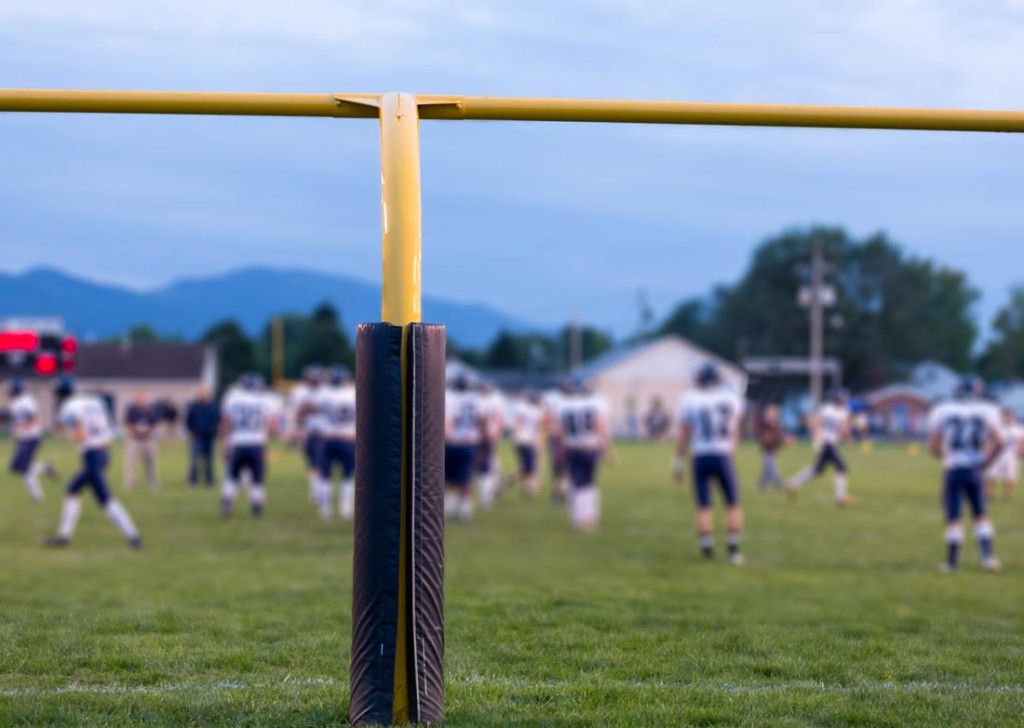
Bo Hanson, 3 x Olympic medalist, 4 x Olympian and author of Athlete Tough, knows this situation well situation and says, “typically, under pressure people will experience an elevated heart rate, higher blood pressure and adrenaline rushes. Consequently, their ability to absorb information becomes more limited and their decision-making skills deteriorate. Often, this leads to becoming overly focused as a way to regain control, or the complete opposite and they lose their focus in trying to focus on too many issues and not being able to prioritize.”
Has your team had a conversation about handling pressure?Do individual athletes on your team have their own techniques?
Let’s use a scenario from real-life to illustrate how being comfortable in an uncomfortable situation can benefit both an athlete and their team.
Imagine you’re coaching a team that is playing an important football match and your striker is injured, limping off to sit on the sidelines for most of the match. Everyone is playing well in their positions, they’re running effective combinations and bringing pressure into the box. You have more defensive players than attacking players.
Another player in your team has an accurate kick, she’s outstanding in defense and reads the opposition’s attacking play really well. As a coach you can see her skills could be transferred to a striker position, because she reads the game so well, she could get into receiving positions, make leads and convert with that accurate kick.
If she was comfortable with being in uncomfortable scenarios, she’d recognized the opportunity and know that it might make her feel like she’s out of her comfort zone, but only for the duration of the match. And, importantly she’d be able to calibrate her own expectations, manage her own pre-judgement knowing that she has your confidence. The opportunity has the potential to bring unforeseen learning and a new dimension to her game. By the end of the match, her comfort zone will have increased, because there are more situations she can handle and additionally, she’ll have an even better understanding of how opposition strikers think.
Getting comfortable with the uncomfortable is a process that can be learned.
Hanson says that this learning underpins the Athlete Tough program. He designed the program in response to the constant requests by Coaches for his input into mental skills development for athletes. The fifteen-chapter workbook and video series can be implemented directly by Coaches and support staff without interpretation.
The Athlete Tough program teaches skills that translate into life after competition. For example, in the workplace your athletes will know they can give the portfolio winning presentation or prepare the report that everyone’s depending on because they can recall a specific example of their performance under pressure and they’ll know exactly how they did it.
Want to be ATHLETE TOUGH?
Being ATHLETE TOUGH is defined by the actions you take when your performance matters the most. Bo Hanson’s unique and proven program is designed to ensure your athletes never give up, never quit on their team and never quit on themselves. It will deliver strategies on how to be mentally resilient and provide step-by-step processes to help your athletes become and stay mentally strong. Find out more here.
Where to from here?

Gain the Upper Hand with Emotional Intelligence
“You have to be able to center yourself, to let all of your emotions go. Don’t ever forget that you play with your soul as

Performing Under Pressure
“The ultimate measure of a man is not where he stands in moments of comfort and convenience, but where he stands at times of challenge

9 things Tough Athletes do without even thinking
Actions always speak louder than words and Tough Athletes take action. You can see their toughness by what they do. Here is our list of
